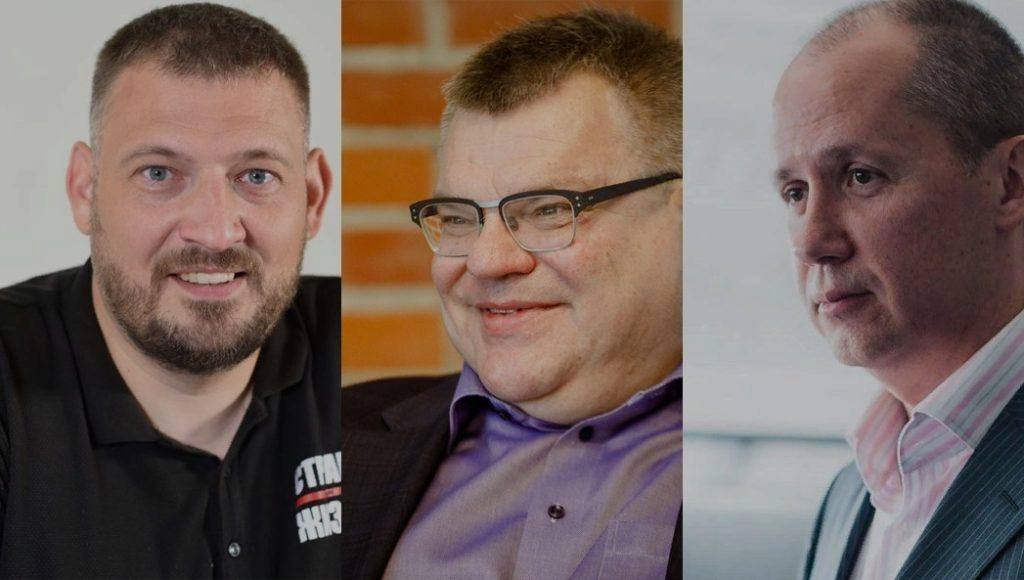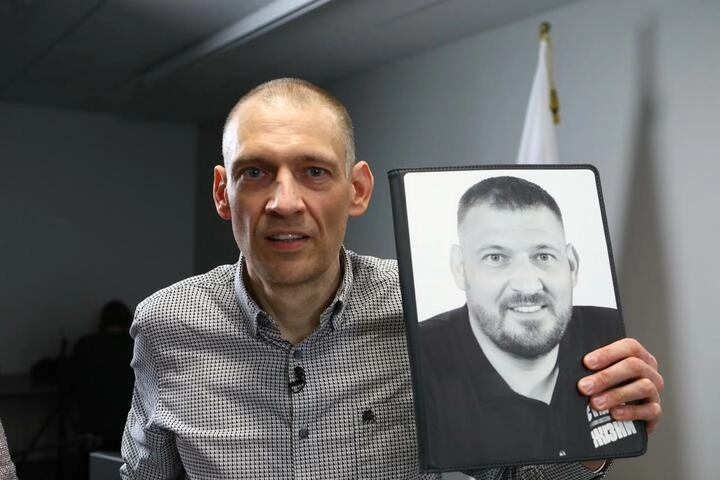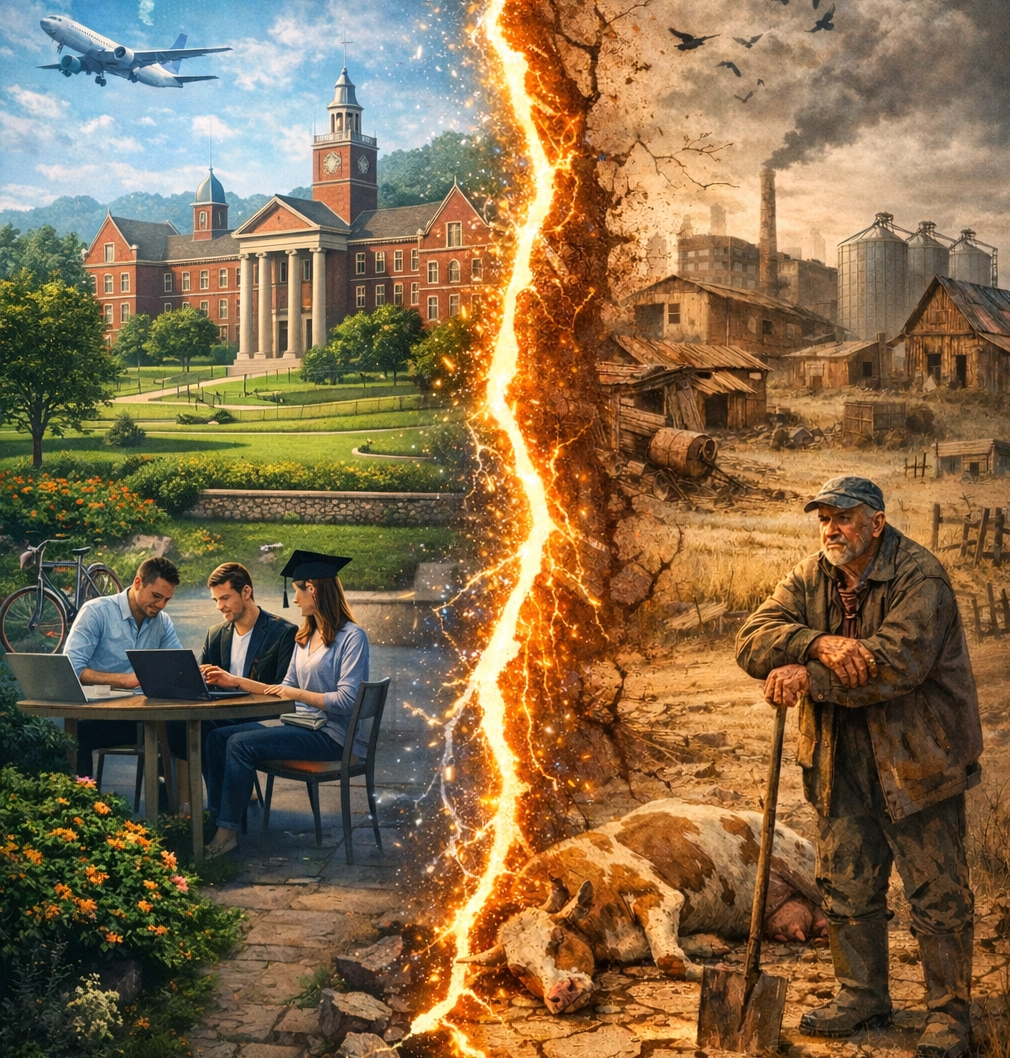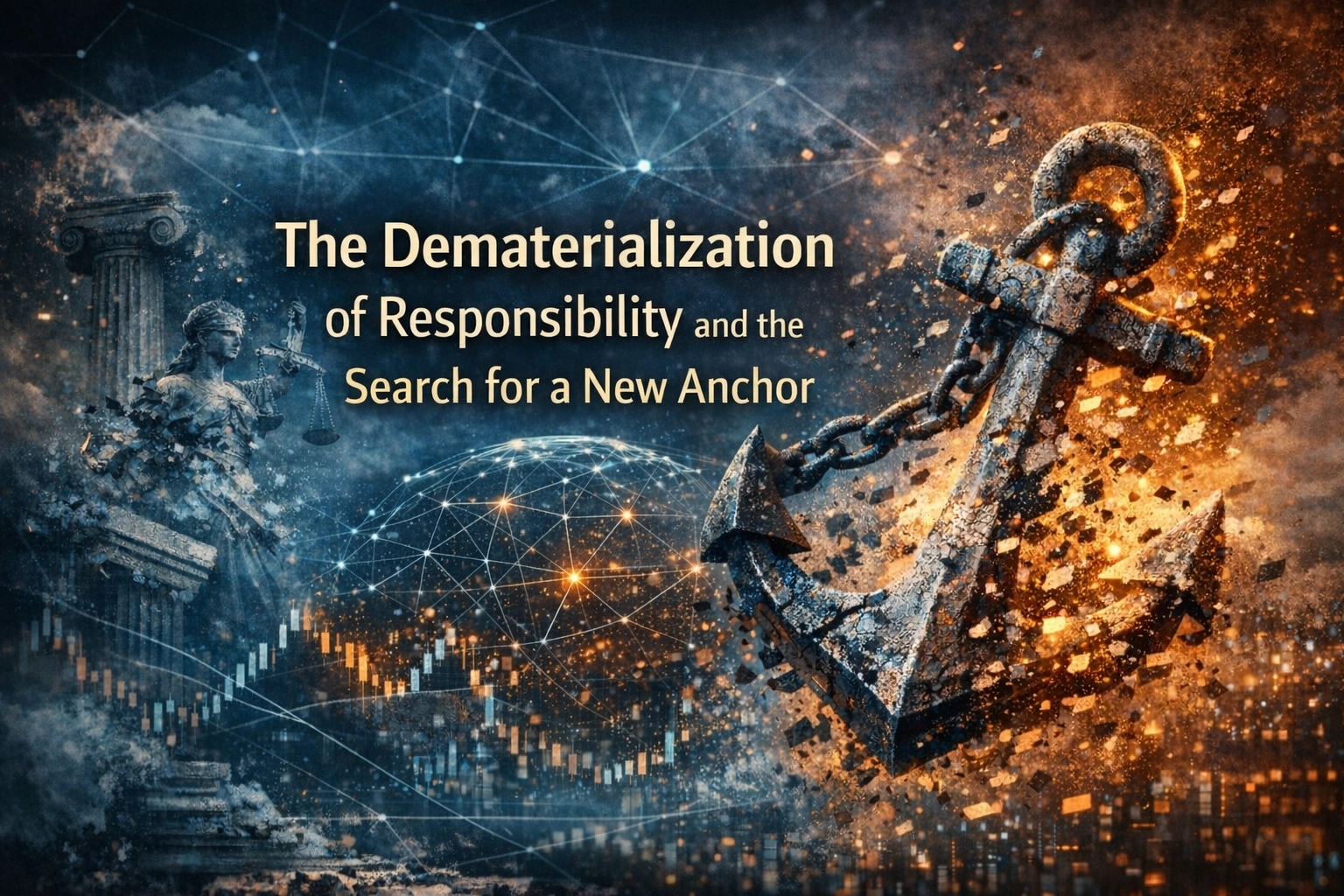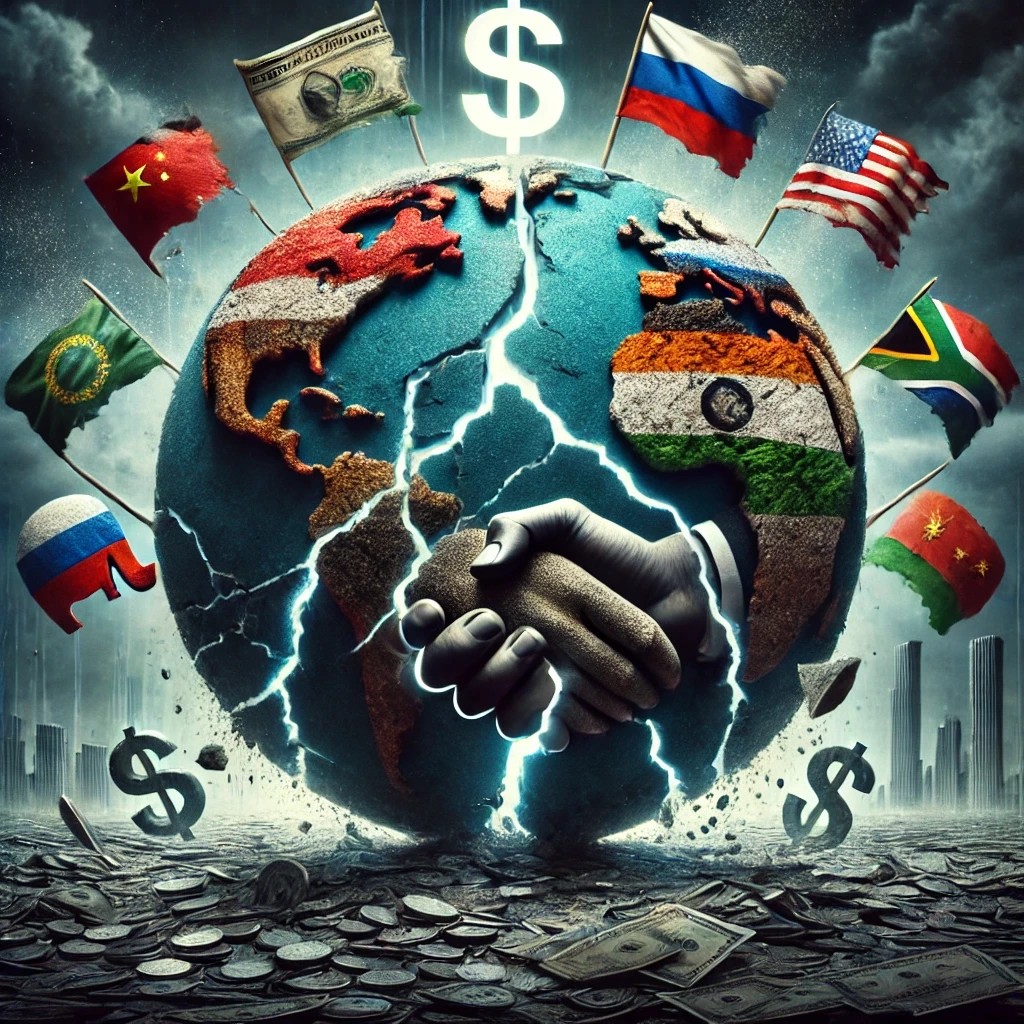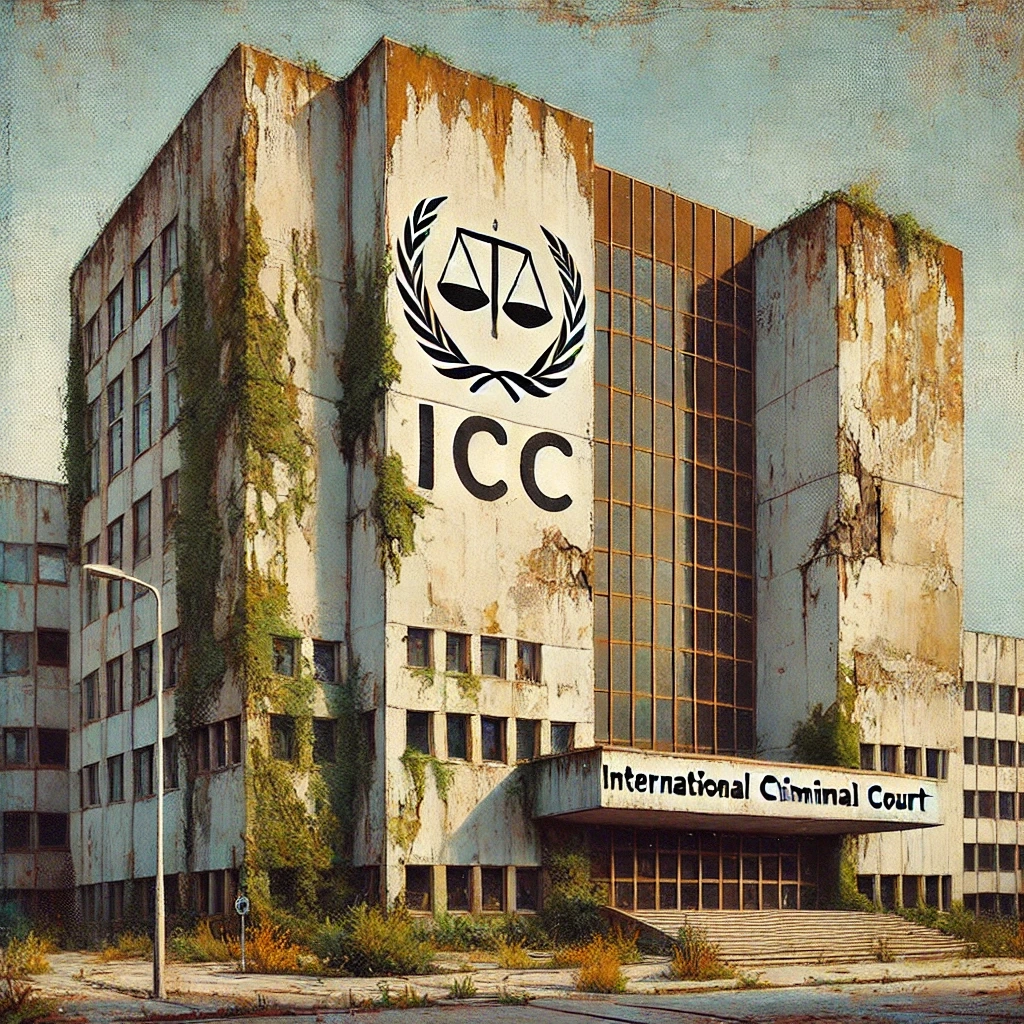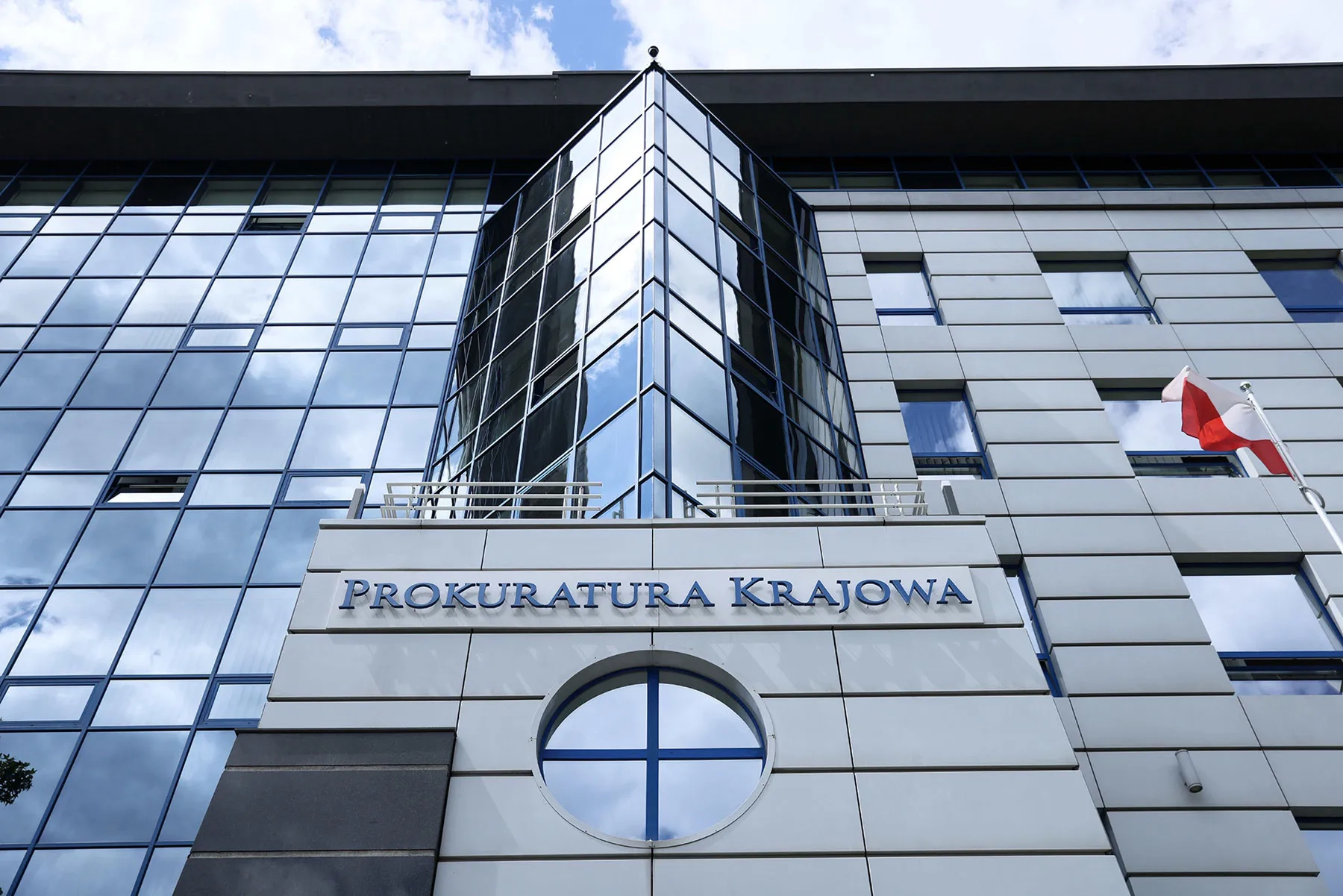The Belarusian Revolution of 2020 is a story of courage and solidarity. It is the story of millions who rose up against lies and violence to defend their right to determine the future of their country. It was a time of mass awakening — a groundswell of hope, born from the first real breath of freedom.
But it is also a story of indifference and betrayal. A story of those who turned the suffering of millions into personal gain — who placed ambition and greed above the interests of the Belarusian people. This is not only a chronicle of hope and collective struggle, but equally a record of moral failure. And just as we preserve the memory of sacrifice and resistance, so too must we remember the cowardice and complicity that sought to undermine them.
Forgetting always opens the door to falsification. Where memory is erased, heroism fades — and the undeserving are exalted. The only defense against this is the preservation of historical truth. Only facts and documented testimony can protect society from repeating the tragic mistakes of the past.
That is why it is essential to preserve the memory of the Belarusian revolution: to understand its origins, to reflect on its missteps — and to ensure that we do not once again find ourselves trapped in the same vicious cycle of dictatorship, violence, and poverty. For in a world where human nature remains unchanged, and history repeats itself with chilling familiarity, memory and foresight are often one and the same.
What follows is the most comprehensive chronicle of the Belarusian Revolution of 2020 — seen and understood not merely by a witness, but by one of its organizers and active participants, who stood at the very heart of the uprising.
In presenting this story, I will strive for objectivity. But of course, in the whirlwind of those events, there were things I may not have seen or fully grasped. During the height of the campaign and its aftermath, I was focused entirely on action — on working toward real change in our country.
That is why I invite you to contribute — to help complete this collective portrait. Photographs, video, personal accounts — everything matters. Each contribution will be reviewed, organized, and eventually published. Together, they will form the foundation for the most complete and honest telling of this chapter in our shared history.
From these materials, a book will emerge — one that reflects on the events of 2020 and the tragic chapters that followed not only as a political chronicle, but as a profound moral challenge to our society.
Ideally, I would like this book to be written by someone I deeply respect. Perhaps by Svetlana Alexievich, Nobel Literature Laureate, who once told me in conversation that she hoped to reflect on the Belarusian revolution — not as a sequence of events, but as the inner drama of a people; a clash between memory and forgetting, dignity and betrayal. Her rare gift for listening to the human soul in moments of pain and hope — and weaving those voices into the fabric of history — would make this book a lasting national testimony.
Or perhaps by Vladislav Inozemtsev — a renowned economist and political thinker, author of The Nonmodern Country, a piercing analysis of modern Russia. His physical distance might offer the detachment and analytical clarity this story requires, while his Belarusian roots would provide a deep personal connection to a moment when an entire nation stood up and demanded change.
I could also imagine this work being undertaken by Timothy Garton Ash — a distinguished British historian and essayist, with whom I am personally acquainted and with whom I’ve had several in-depth conversations. His deep understanding of democratic transformation in Eastern Europe, his command of narrative, and his rare ability to balance political insight with human empathy would bring this project international depth and moral gravity.
Alternatively, this book could take the form of a shared philosophical reflection — a collection of voices exploring the drama of truth, love, and betrayal in history. Historians, public intellectuals, and scholars of authoritarianism and post-Soviet transformation — from Belarus, Ukraine, Poland, Russia, and the West — might together reflect on the Belarusian tragedy as a defining moment of our time, and as a moral prelude to Russia’s aggression against Ukraine.
This kind of collective effort was realized in Robert Paxton’s The Anatomy of Fascism, where the rise of political evil is examined through the lens of social and moral compromise; and in Adam Michnik’s Solidarity: A New View, in which various thinkers explored the Polish uprising not merely as a political event, but as a spiritual and historical turning point.
But for such a book to be written, the author — whoever they may be — must first have access to the facts. Only then can analysis transcend abstraction and become grounded in lived experience. That is why this project will continue to grow — through archives, testimonies, and images. It will name both the heroes and those who, in pursuit of power or personal gain, betrayed their own people.
You can contribute to this effort. Submit your materials — written accounts, photographs, videos. Everything will be reviewed, catalogued, and preserved. Together, these testimonies will serve as a foundation for the most honest and thorough reconstruction of Belarus’s recent history — a history that can no longer be silenced or distorted.
The archive will remain open to all — to scholars, students, journalists, and readers alike. To everyone who cares about the struggle for freedom, dignity, and truth. For only memory — preserved and understood — can become a foundation for the future.
And for now, I offer you this account of Belarusian history — not merely through the eyes of a witness, but through the experience of someone who lived those days from within. Days marked by hope, trial, risk, and betrayal. But also by new hope — like the spirit of freedom, hidden under the weight of oppression, yet still alive in each of us, waiting to rise again — to overcome fear, betrayal, and temporary defeat, and to once more unite a people around the dream of a free Belarus.
The story begins — in tomorrow’s publication.
